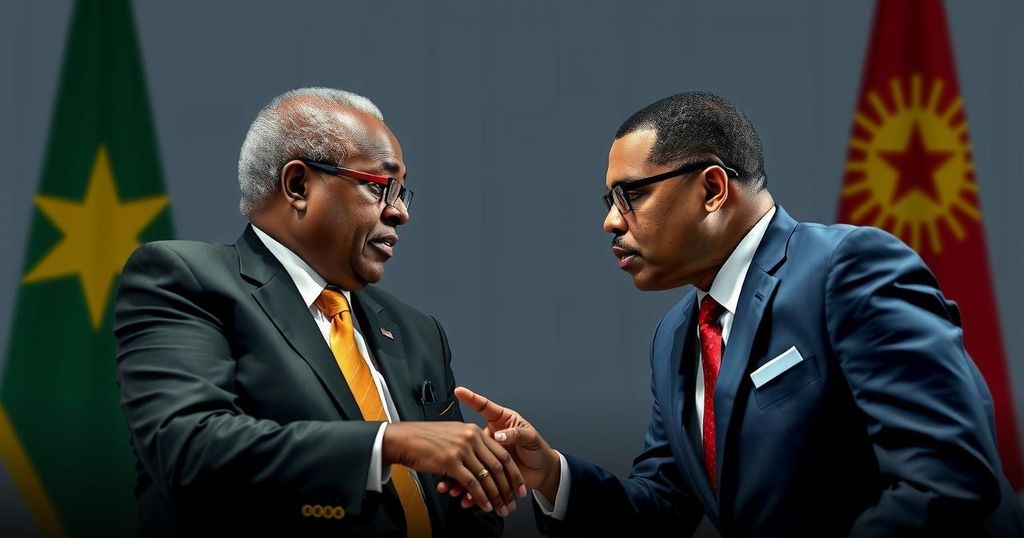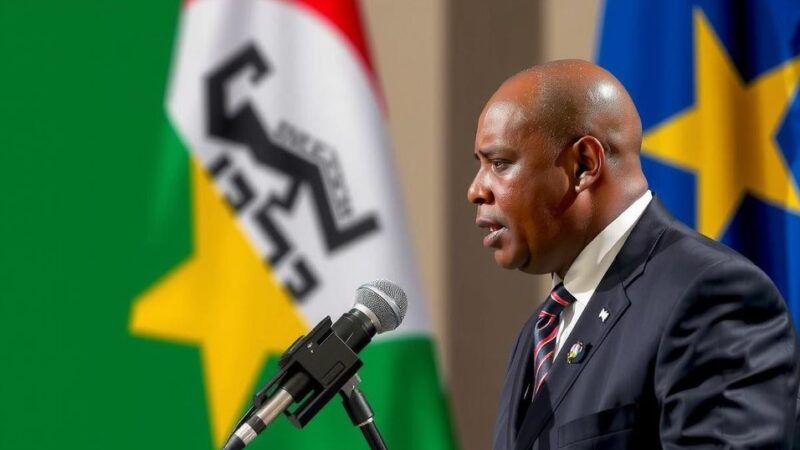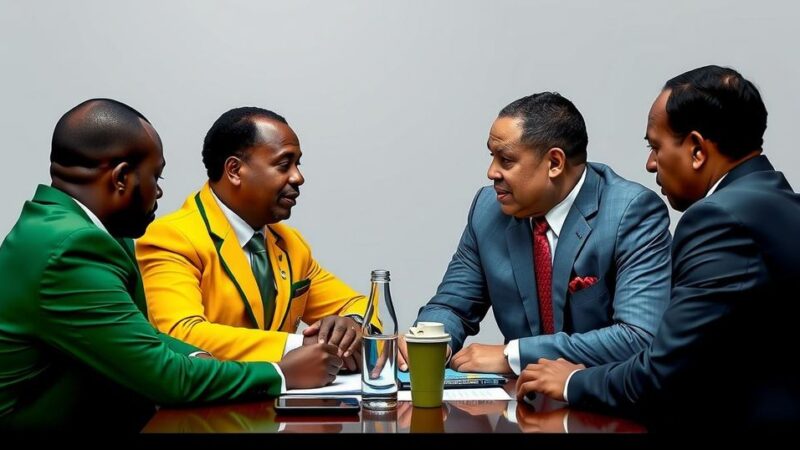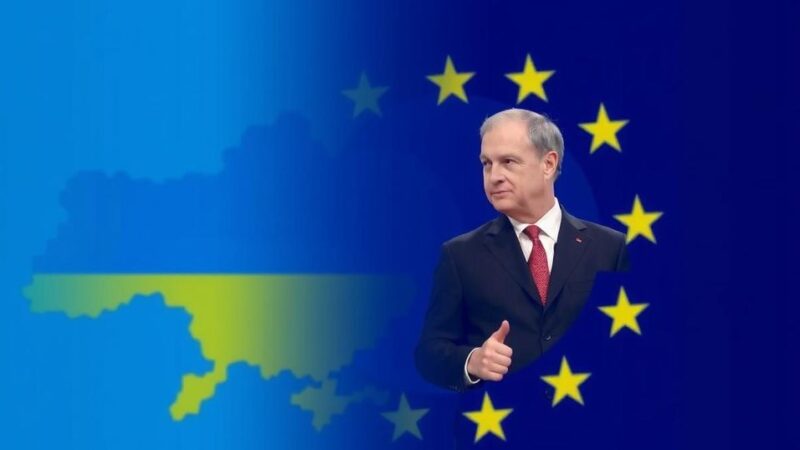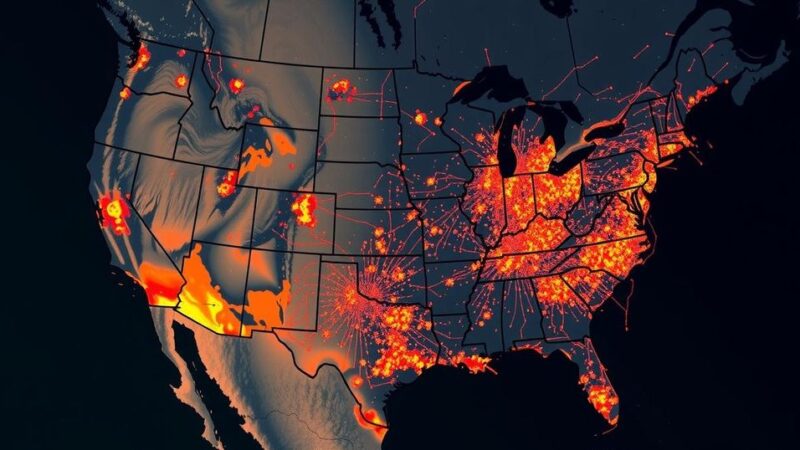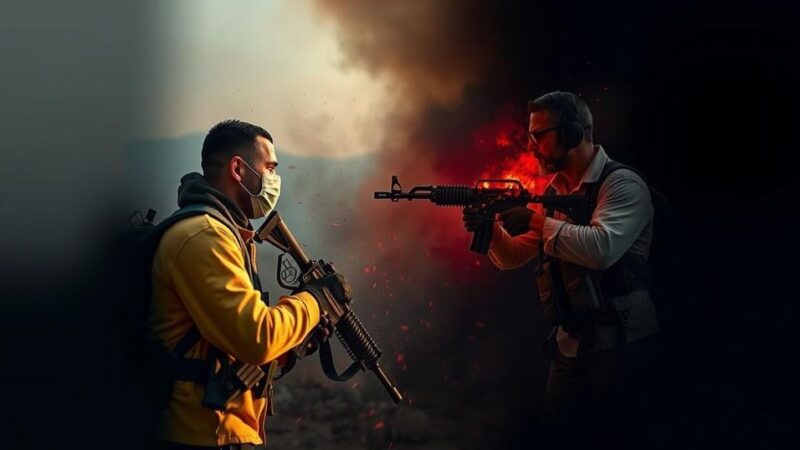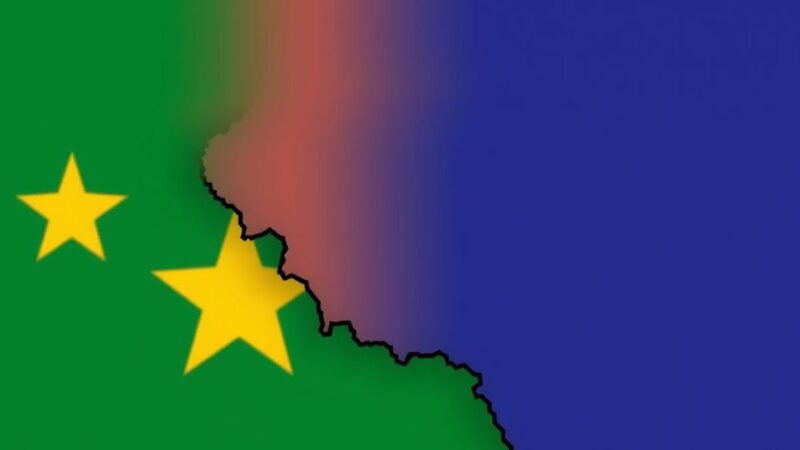Foreign ministers from the DRC and Rwanda stressed the necessity of upholding the ceasefire during their meeting in Goma. A new committee, led by Angola, will monitor ceasefire violations amidst ongoing tensions from the M23 rebel offensive. The DRC highlights discrepancies between Rwanda’s commitments and actions, emphasizing the need for ongoing diplomatic efforts to ensure peace.
On Tuesday, foreign ministers from the Democratic Republic of Congo (DRC) and Rwanda convened in Goma, North Kivu, to emphasize the importance of adhering to a ceasefire in the ongoing conflict in eastern DRC. This meeting, which included the Angolan foreign minister, aimed to establish a committee responsible for monitoring any ceasefire violations, following recent mediation efforts by Angola. Angolan Foreign Minister Tete Antonio reiterated that all parties must respect the ceasefire, stating, “The right path is the search for peace.”
Congolese Foreign Minister Therese Kayikwamba Wagner expressed concern regarding a disparity between Rwanda’s public promises and its actions, noting the capture of various localities by Rwandan-backed M23 rebels. Nevertheless, she acknowledged that the ceasefire had generally been adhered to, despite challenges posed by the renewed offensive from M23, which commenced in late 2021. The group has fought for control over regions within North Kivu, resulting in significant displacement and humanitarian issues for affected populations.
The M23’s recent offensives have prompted Angola to denounce the occupation of a town as a “flagrant violation” of the ceasefire. Rwandan Foreign Affairs Minister Olivier Nduhungirehe affirmed Rwanda’s continued commitment to the peace process. The newly formed committee, led by Angola and including representatives from both the DRC and Rwanda, is poised to play a crucial role in maintaining peace and stability in the region. The situation necessitates sustained dialogue and cooperation among involved parties to mitigate the humanitarian crisis and foster enduring peace in eastern DRC.
The conflict involving the DRC and Rwandan-backed M23 rebels is rooted in complex historical, ethnic, and political factors. The M23, primarily composed of ethnic Tutsis, resumed its insurgency in 2021 after a period of dormancy, seizing territory and causing mass displacement. This cycle of conflict has strained relations between the DRC and Rwanda, leading to international mediation efforts, particularly from Angola. The establishment of a ceasefire, initially achieved through diplomacy, requires ongoing vigilance and cooperative mechanisms to ensure compliance and progress towards lasting peace in the region.
The recent meeting between the DRC and Rwandan foreign ministers underscored the urgency of respecting the ceasefire amid ongoing conflicts involving M23 rebels. While efforts to monitor and uphold the ceasefire are underway, the complexities of the situation, compounded by historical tensions and recent hostilities, pose significant challenges. Continued dialogue and diplomatic engagement will be essential to addressing the humanitarian crisis and fostering sustainable peace in eastern DRC.
Original Source: www.barrons.com
